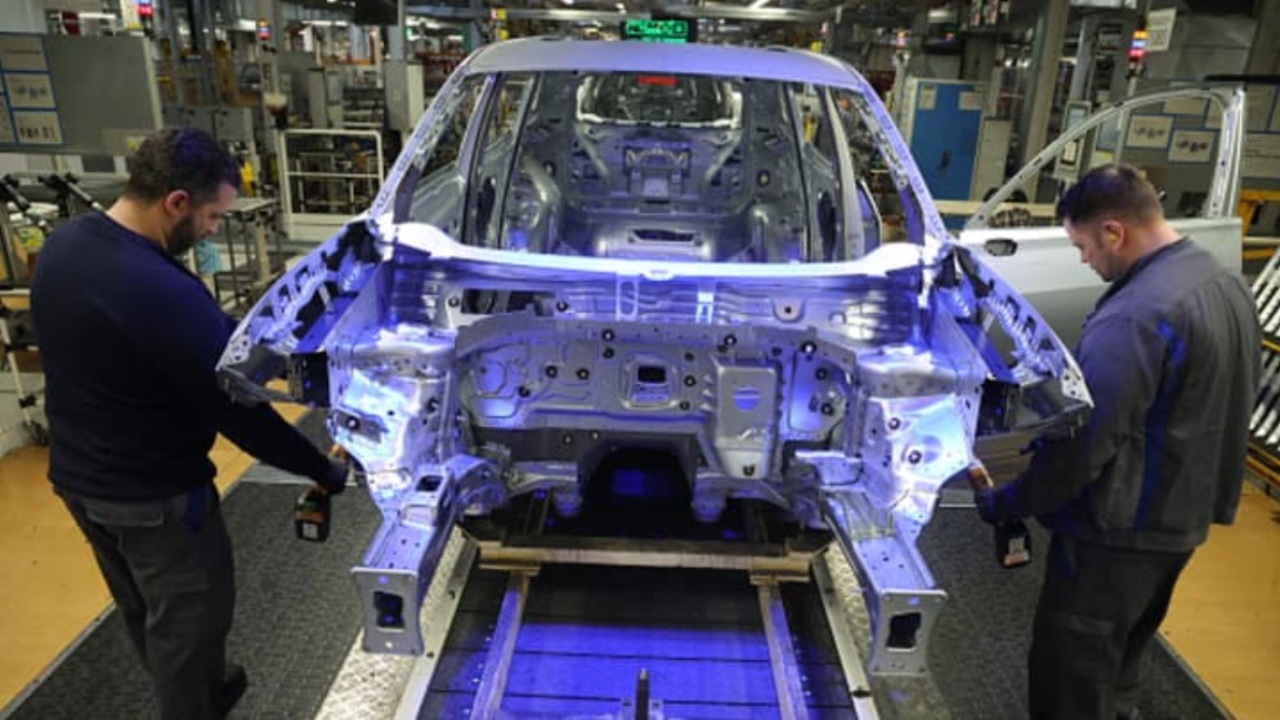Frank Eckard, CEO of German magnet manufacturer Magnosphere, has been inundated with urgent calls from automakers and parts suppliers struggling to source magnets amid Chinese export restrictions. Many are warning that without an alternative supply, factory shutdowns could begin as soon as mid-July. The urgency is palpable, with companies willing to pay premium prices to avoid disruptions. Eckard describes the automotive sector as being in a state of panic due to the scarcity of rare-earth magnets, which are critical for numerous vehicle components.
Third Supply Chain Crisis Looms As China Tightens Grip On Rare-Earth Exports
The industry’s anxiety stems from a broader concern that this could spark a third major supply chain crisis in under five years. The COVID-19 pandemic in 2020 and the global semiconductor shortage from 2021 to 2023 severely disrupted production. Now, China’s grip on rare-earth exports is seen as a new threat. Even as trade talks between the U.S. and China are scheduled, automakers fear being caught in yet another crisis with little control over the outcome.

China’s control over rare-earth mining and magnet production is overwhelming, accounting for 70% of mining, 85% of refining, and 90% of magnet manufacturing. These magnets are essential in a wide range of vehicle systems, including side mirrors, sensors, and motors. European manufacturers are already experiencing plant closures due to shortages, and industry leaders expect the crisis to soon affect everyone. Efforts to diversify supply have proven slow and largely insufficient.
Automakers Invest In Rare-Earth-Free Tech But Face Slow Progress And Shortages
Companies are exploring rare-earth-free alternatives and seeking to ramp up domestic or allied production capabilities. Automakers like GM and BMW, along with suppliers such as ZF and BorgWarner, are investing in low-to-zero rare-earth motor technologies. However, these efforts are still in early stages and far from achieving the economies of scale needed for cost competitiveness. Despite EU initiatives like the Critical Raw Materials Act, progress has been sluggish, and prices remain dominated by Chinese suppliers.
Some companies have developed rare-earth-free technologies and attracted significant investment. U.S.-based Niron has raised over $250 million and plans to launch a major production plant by 2029. In the UK, Warwick Acoustics is preparing to introduce rare-earth-free speakers in luxury vehicles, although widespread adoption is still years away. These breakthroughs represent potential long-term fixes, but in the short term, they do little to alleviate the current crisis.
In the immediate term, automakers are racing to determine which of their suppliers need export permits to continue operating. Some, like Mercedes-Benz, are discussing stockpiling rare-earth materials. Others may resort to producing incomplete vehicles and storing them, a tactic used during the chip shortage. Analysts warn that rare earths are just one part of a larger strategic vulnerability; China controls over half the global supply of numerous essential raw materials, making future disruptions a continuing risk.
